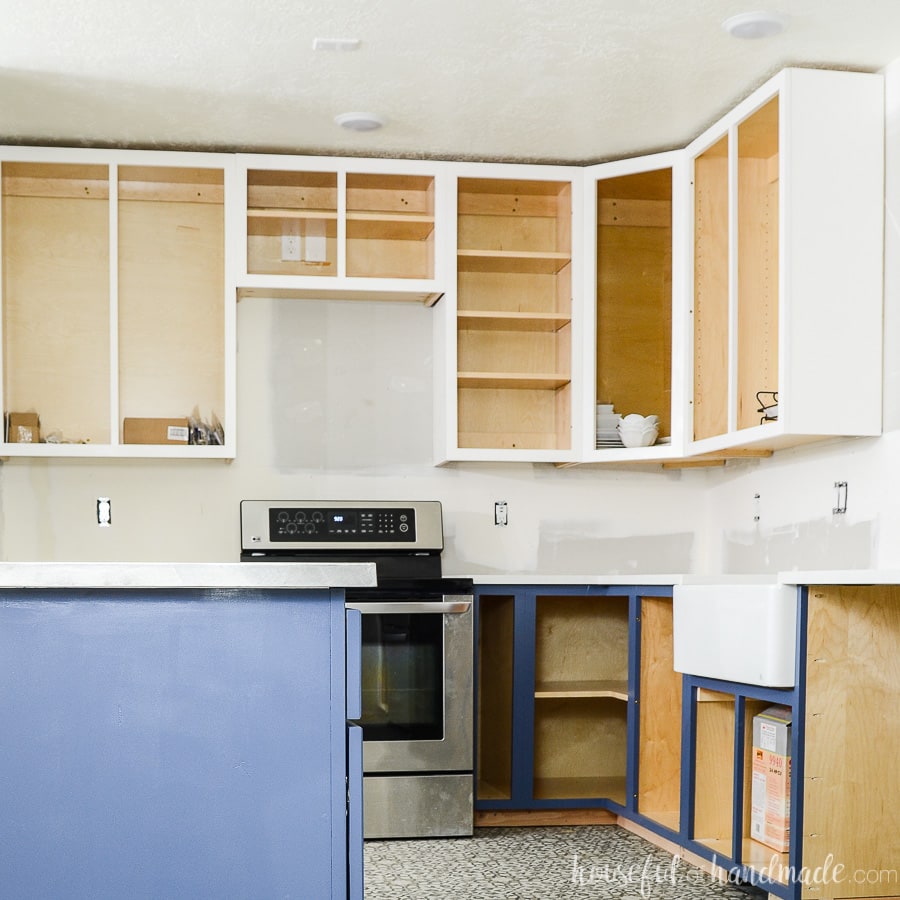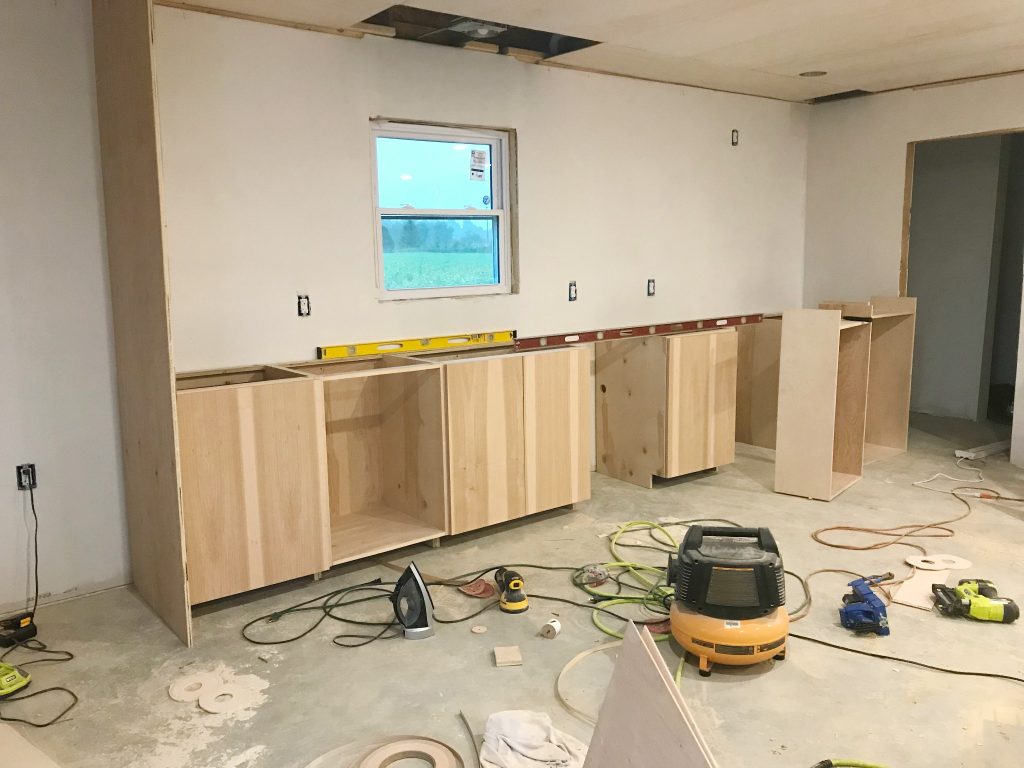How to Make Kitchen Cabinets: A DIY Success Guide
Welcome to our comprehensive guide on how to make kitchen cabinets from scratch. Making your own kitchen cabinets can be a rewarding and cost-effective way to transform your kitchen. Whether you are a seasoned woodworker or a DIY enthusiast, this step-by-step guide will walk you through the process of creating custom kitchen cabinets that suit your style and needs.
Materials and Tools Needed
Before you start building your kitchen cabinets, it’s essential to gather all the necessary materials and tools. Here is a list of what you will need:
- 4×8-foot sheet of 3/4-inch hardwood plywood
- Wood glue
- Finishing nails
- Screwdriver
- Table saw
- Drill
- Clamps
- Sandpaper
- Measuring tape
- Pencil
- Paint or stain
Step 1: Design Your Cabinets
Start by creating a design for your kitchen cabinets. Consider the size of your kitchen, the layout you prefer, and the storage needs you have. You can use design software or draw the plans by hand. Make sure to include measurements and details for each cabinet.
Step 2: Cut the Wood
Once you have your design ready, it’s time to cut the plywood to the right sizes. Use a table saw to make precise cuts according to your cabinet plans. Remember to measure twice and cut once to ensure accuracy.
Step 3: Assemble the Cabinets
Assemble the cabinet boxes using wood glue and finishing nails. Start by attaching the sides to the bottom piece and then add the back panel. Use clamps to hold the pieces together while the glue dries. Make sure the cabinets are square and level.

Credit: housefulofhandmade.com
Step 4: Install Shelves and Doors
Once the cabinet boxes are assembled, install the shelves and doors. Measure and cut the shelves to fit inside the cabinets. Attach the hinges to the doors and then mount them on the cabinet frames. Make any necessary adjustments to ensure the doors close properly.
Step 5: Sand and Finish
After the cabinets are fully assembled, sand the surfaces to remove any rough edges or imperfections. You can then paint or stain the cabinets to match your kitchen decor. Apply a clear coat of varnish for a durable finish.

Credit: www.woodshopdiaries.com
Step 6: Install the Cabinets
Finally, it’s time to install your custom kitchen cabinets. Use a stud finder to locate the wall studs and secure the cabinets in place using screws. Make sure the cabinets are level and securely attached to the wall.
Tips for Making Kitchen Cabinets
Here are some additional tips to keep in mind when making your own kitchen cabinets:
- Take accurate measurements to ensure a precise fit.
- Use high-quality plywood for durability.
- Invest in good hardware for smooth operation of doors and drawers.
- Pre-drill holes before inserting screws to prevent splitting the wood.
- Consider adding custom features like pull-out shelves or spice racks for added functionality.
- Plan the layout of your cabinets to optimize storage space and accessibility.
- Seek inspiration from design magazines or online resources for creative ideas.
Frequently Asked Questions
What Are The Best Materials For Making Kitchen Cabinets?
The best materials for making kitchen cabinets are solid wood, plywood, and MDF. Each material has its own benefits and drawbacks, so it’s important to consider your specific needs and budget.
How Can I Maximize Storage Space In Kitchen Cabinets?
To maximize storage space in kitchen cabinets, consider adding pull-out shelves, drawer organizers, and vertical dividers. Utilizing the full height of the cabinet and installing hooks or racks on the inside of the doors can also help optimize storage.
What Tools Do I Need To Make Kitchen Cabinets?
You will need basic carpentry tools such as a saw, drill, screwdriver, and clamps, as well as specific cabinet-making tools like a dado blade, pocket hole jig, and cabinet hardware jig.
What Are The Key Steps In Building Kitchen Cabinets?
The key steps in building kitchen cabinets include designing the cabinets, cutting the materials, assembling the cabinet boxes, installing the cabinet doors, and adding finishing touches such as hardware and trim.
How Can I Ensure My Kitchen Cabinets Are Properly Installed?
To ensure proper installation of kitchen cabinets, use a level to ensure they are straight and plumb, secure them to the wall studs, and make any necessary adjustments for a seamless and professional-looking installation.
Conclusion
Building your own kitchen cabinets can be a challenging but fulfilling project. By following these steps and tips, you can create custom cabinets that enhance the functionality and aesthetics of your kitchen. Remember to take your time, pay attention to detail, and enjoy the process of bringing your vision to life.